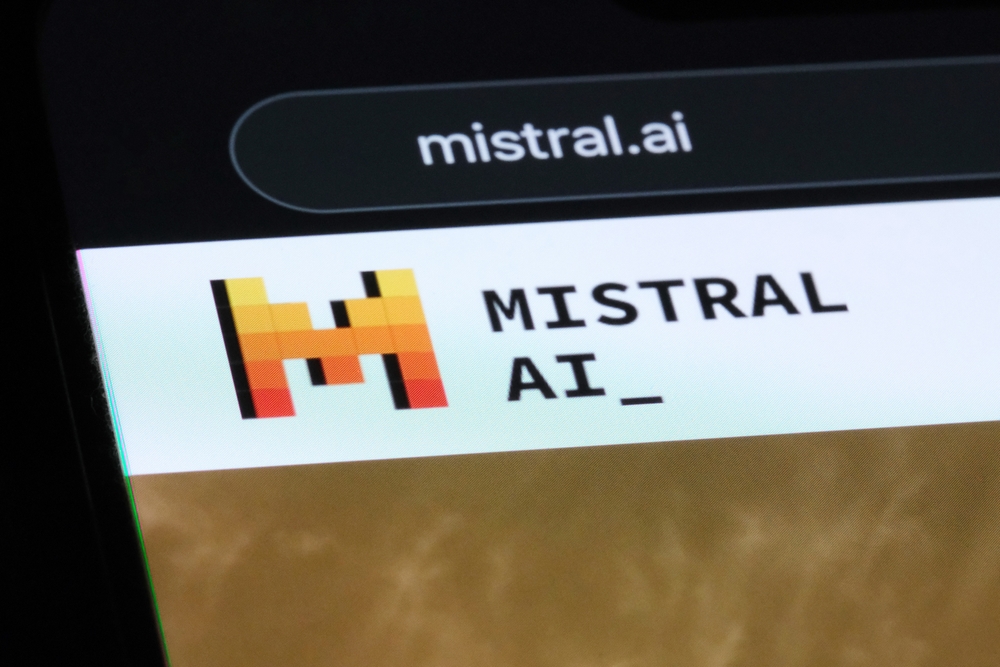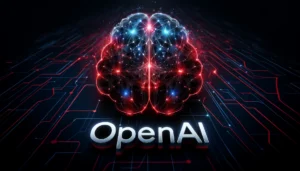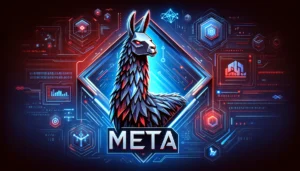In the high-stakes global AI race, an unlikely challenger has emerged to take on Big Tech titans with its radical vision for open-source language models.
Operating under the radar for much of 2022, eight-month-old French startup Mistral AI unveiled breakthrough text-generating software last week that matched leading proprietary systems from Meta and OpenAI.
Founded by ex-Google and Facebook employees, Mistral burst onto the scene in May with a $120 million funding round valuing it at $250 million pre-launch. The company promised to pursue a divergent path in AI development centered on transparency, academic collaboration, and public code sharing rather than the closed-source approach of its Silicon Valley peers.
In that sense, they’re much more closely aligned with Meta than ‘closed’ developers like OpenAI, though they exceed Meta in the ‘openness’ of their research approaches.
Many industry experts initially discounted Mistral’s chances against the billion-dollar research budgets of US tech juggernauts backed by the likes of Amazon, Google, and Microsoft. But a torrent of demos showcasing the Paris-based firm’s rapid innovations started to change perceptions.
Its latest creation, an 8-billion parameter AI model dubbed Mixtral, exhibits creativity, reasoning, and common sense on par with Meta’s LLaMA model and, in some cases, surpassing OpenAI’s esteemed GPT-3.5. Read more about Mixtral here.
The speed of Mixtral 8x7b (Q5_0.gguf) on M2 is INSANE
I am still figuring out how to do creative writing with it, but it is honestly mind-blowing for a raw model with GPT 3.5 capabilities. https://t.co/BkrqsxuFHu pic.twitter.com/D1oQIaSP53
— Denis Shiryaev 💙💛 (@literallydenis) December 11, 2023
According to benchmarks, Mixtral matches or exceeds these systems on standardized tests for translation, reading comprehension, and other metrics of generative intelligence.
Mistral has won respect for its casual and down-to-earth approach to AI releases compared to Google, which recently blasted for its false Gemini demo, and OpenAI, which has been criticized for its at-times saccharine communications on social media following product releases.
How they announce their new LLM models:
Mistral AI Vs Rest of them 😅 pic.twitter.com/sawXdEunL6
— Ramsri Goutham Golla (@ramsri_goutham) December 10, 2023
So how did a stealthy upstart best some of the world’s most valuable names in AI with a fraction of their resources?
Observers credit Mistral’s groundbreaking training methodology, which uses smaller datasets and efficient coding. While Meta and OpenAI still guard their approaches, Mistral publishes its models publicly for free examination and enhancement from the community under open-source licenses.
Mistral’s meteoric rise is evident – the firm clinched $450 million in new funding at a $2 billion valuation – astronomical for an EU tech firm and promising for the region’s block’s foray into generative AI. Current backers include Andreessen Horowitz, BNP Paribas, and Salesforce.
With Mixtral widely deemed the most powerful open-source language model in current existence, users are surging, and they’ve gained quite a following among the research community for embracing the true essence of open-source.
On that note, Mistral CEO Arthur Mensch removed some T&Cs from Mistral’s user policy that prohibited people from using their models to train or improve other models or compete against them, illustrating the startup’s wide-open-source approach.
Removed, enjoy ! https://t.co/jbSJ87YvZf
— Arthur Mensch (@arthurmensch) December 12, 2023
Will the EU AI Act hinder Mistral and other European AI companies?
But might the EU AI Act impede the growth of Mistral and other European AI developers like Germany’s Aleph Alpha?
Since the political agreement on the AI Act last week, President Emmanuel Macron has voiced doubts about the legislation, warning that the rules could disadvantage European technology companies compared to less regulated rivals in other countries.
Speaking in Toulouse, Macron specifically cited the regulations around foundational models – the core AI systems underlying chatbots like ChatGPT that can generate reams of humanlike text. He argues the tough restrictions proposed in the AI Act could hamper the competitiveness of European AI leaders.
Macron pointed to fast-growing Parisian startup Mistral as an example of “French genius” in AI innovation and expressed concern the regulations could inhibit such emerging players.
Industry group DigitalEurope echoed worries that the extensive compliance requirements could divert resources from research and development, placing European companies behind leading AI powers. Earlier in the year, 150 European companies warned earlier in the year about the Act’s impact on innovation.
While Commission President Ursula von der Leyen has lauded the act for encoding European values, amendments remain possible as member states review the regulations before final ratification.
As ever, AI companies face regulatory hurdles ahead if they’re to continue their wicked pace of growth.





